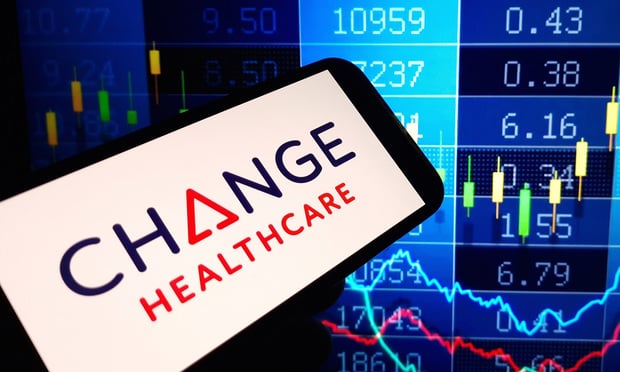Six out of ten American workers do not have a financial plan inplace to deal with an unexpected and costly life event such as amedical emergency, according to a new national study fromAflac.
|The 2011 Aflac WorkForces Report, released June 8, found that 51percent of workers said they are not very or not at all prepared topay for out-of-pocket expenses not covered by major medicalinsurance. Additionally, 31 percent have less than $500 in savingsfor emergency expenses.
|And for the most part, U.S. workers don't worry about additionalexpenses because they don’t believe an accident or illness couldimpact them or a family member. The report reveals just 19 percentof employees think it is likely they or a family member will bediagnosed with a chronic illness, such as heart disease ordiabetes, and 13 percent said they think a serious illness likecancer will occur or that there will be a need for long-termcare.
|Only nine percent said they could foresee a long-term hospitalstay, eight percent think they or a family member will becomedisabled, and six percent think they will be in a car accident.
|“About half of the workers we surveyed said they’re alreadystruggling with financial stress,” says Audrey Tillman, executivevice president of corporate services at Aflac. “It shows how closeto the edge many people are and how an unexpected accident orillness could make things even more challenging, financially.”
|But accidents occur much more often than people expect.
|According to the National Safety Council, more than 25 millionpeople in the United States suffered accident-related disablinginjuries in 2008 with 13 million incidents happening at home andmore than 5 million involving motor vehicles. The total cost of allunintentional disabling injuries, including items like medicalexpenses and lost wages/productivity, was more than $700 billion.And nearly one in three deaths in 2006 was caused by a form ofcardiovascular disease, according to The American HeartAssociation.
|When asked how they would pay for out-of-pocket expenses due toan unexpected illness, 44 percent of American workers said theywould have to borrow money from family or friends, tap retirementsavings, or use a credit card. And 19 percent admitted they have noidea how they would cover the costs.
|“Businesses have a responsibility to educate employees about therisks of being unprepared for the unexpected and should offerworkplace benefits which meet that need,” Tillman says. “Andworkers need to take better control of their futures by realizingfinancial well being is tied to their health.”
|The 2011 Aflac WorkForces Report surveyed more than 4,000 U.S.workers and 2,000 benefits decision makers.
Complete your profile to continue reading and get FREE access to BenefitsPRO, part of your ALM digital membership.
Your access to unlimited BenefitsPRO content isn’t changing.
Once you are an ALM digital member, you’ll receive:
- Critical BenefitsPRO information including cutting edge post-reform success strategies, access to educational webcasts and videos, resources from industry leaders, and informative Newsletters.
- Exclusive discounts on ALM, BenefitsPRO magazine and BenefitsPRO.com events
- Access to other award-winning ALM websites including ThinkAdvisor.com and Law.com
Already have an account? Sign In
© 2024 ALM Global, LLC, All Rights Reserved. Request academic re-use from www.copyright.com. All other uses, submit a request to [email protected]. For more information visit Asset & Logo Licensing.








